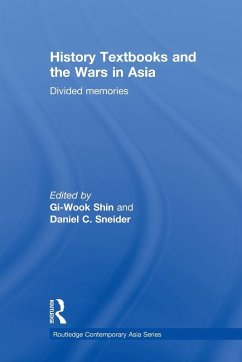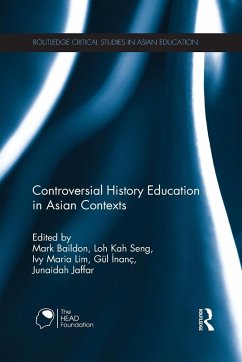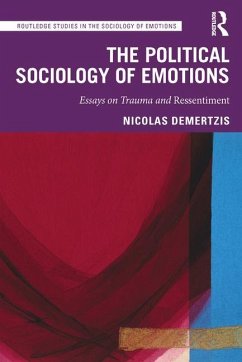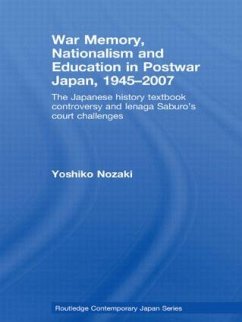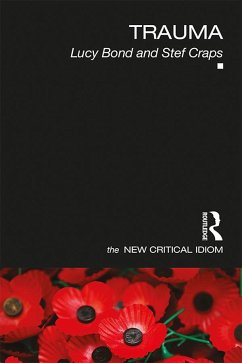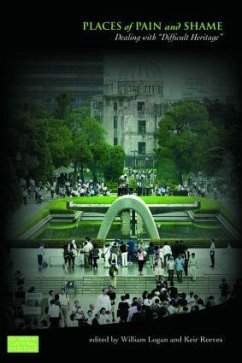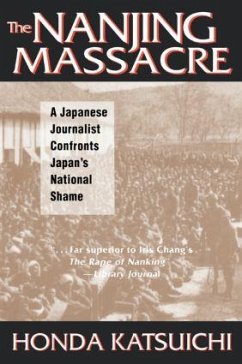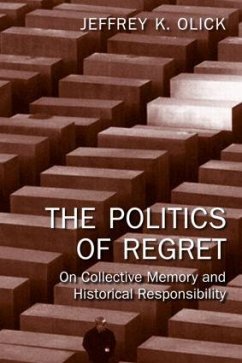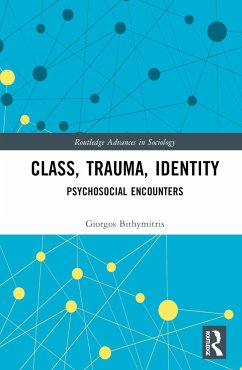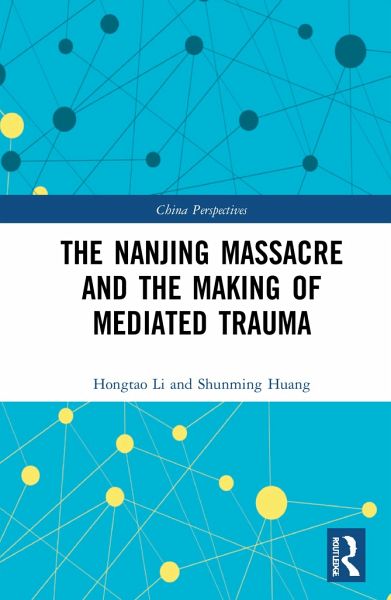
The Nanjing Massacre and the Making of Mediated Trauma

PAYBACK Punkte
22 °P sammeln!
Drawing on cultural trauma theory, this book investigates how collective memory of the Nanjing Massacre is fashioned in China and how the mass media, political power and public praxis jointly shape the politics and culture of memory in contemporary China.Allowing for the dimensions of history and different mediating spaces, the authors first conduct textual analysis of news reports from traditional media since the event took place, revealing that the significance of the Massacre was initially portrayed as a local incident before its construction as a national trauma and finally a collective me...
Drawing on cultural trauma theory, this book investigates how collective memory of the Nanjing Massacre is fashioned in China and how the mass media, political power and public praxis jointly shape the politics and culture of memory in contemporary China.
Allowing for the dimensions of history and different mediating spaces, the authors first conduct textual analysis of news reports from traditional media since the event took place, revealing that the significance of the Massacre was initially portrayed as a local incident before its construction as a national trauma and finally a collective memory. In a study of physical and online memorial spaces, including the Memorial Hall, commemorative activities on the Internet and new media platforms, the book unveils the production and reproduction of trauma narratives as well as how these narratives have been challenged. The final part further studies the interactions between media and other institutional settings while exploring issues of global memory and reconciliation in East Asia.
The title will be an essential read for anyone interested in memory studies, media and communication, and particularly the collective memory of the Nanjing Massacre.
Allowing for the dimensions of history and different mediating spaces, the authors first conduct textual analysis of news reports from traditional media since the event took place, revealing that the significance of the Massacre was initially portrayed as a local incident before its construction as a national trauma and finally a collective memory. In a study of physical and online memorial spaces, including the Memorial Hall, commemorative activities on the Internet and new media platforms, the book unveils the production and reproduction of trauma narratives as well as how these narratives have been challenged. The final part further studies the interactions between media and other institutional settings while exploring issues of global memory and reconciliation in East Asia.
The title will be an essential read for anyone interested in memory studies, media and communication, and particularly the collective memory of the Nanjing Massacre.





